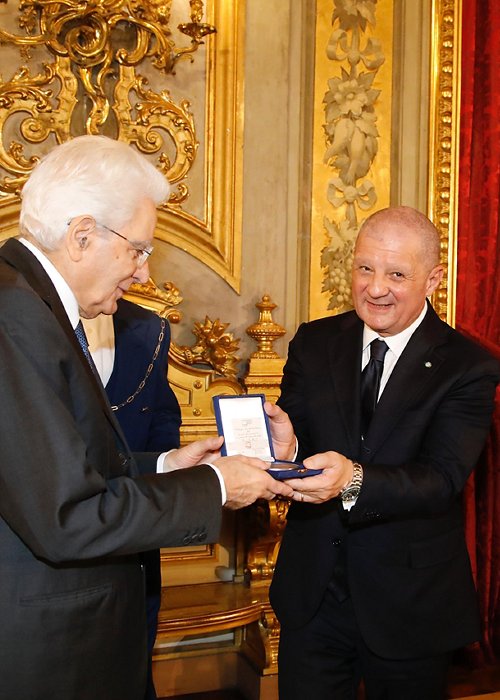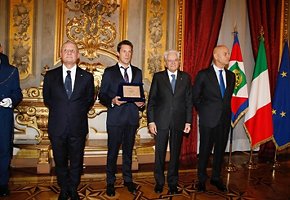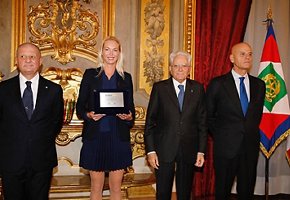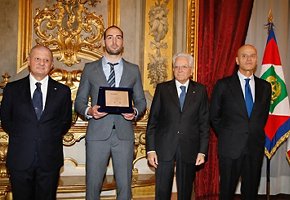HBI - Human-Based Innovation, Sly, and Rare Earth are the three startups that earned the Eni Joule for Entrepreneurship “special mention” at the 2024 Eni Award. The award is for teams, university spin-offs and startups, aiming to encourage the application, enhancement and transfer of technologies, as well as to foster the development of a sustainable innovation ecosystem.
The Eni Award 2024 ceremony, set up to discover new tech solutions for clean energy and to boost scientific research, sustainability, and environmental respect, was held on 15 October at the Palazzo del Quirinale. The President of the Republic, Sergio Mattarella, Eni’s Chairman, Giuseppe Zafarana, and CEO Claudio Descalzi were present.
Now in its sixteenth year, the prize is considered an international benchmark for research in energy and environment. It is testament to the importance of scientific research and innovation and Eni’s commitment to foster sustainability and energy access, in accordance with the 17 United Nations Sustainable Development Goals Over 11,000 applications have been made since the Awards’ inception in 2008. The Scientific Committee, which assesses the submissions, is made up of scientists from top global research institutions and has included six Nobel laureates over the years.




